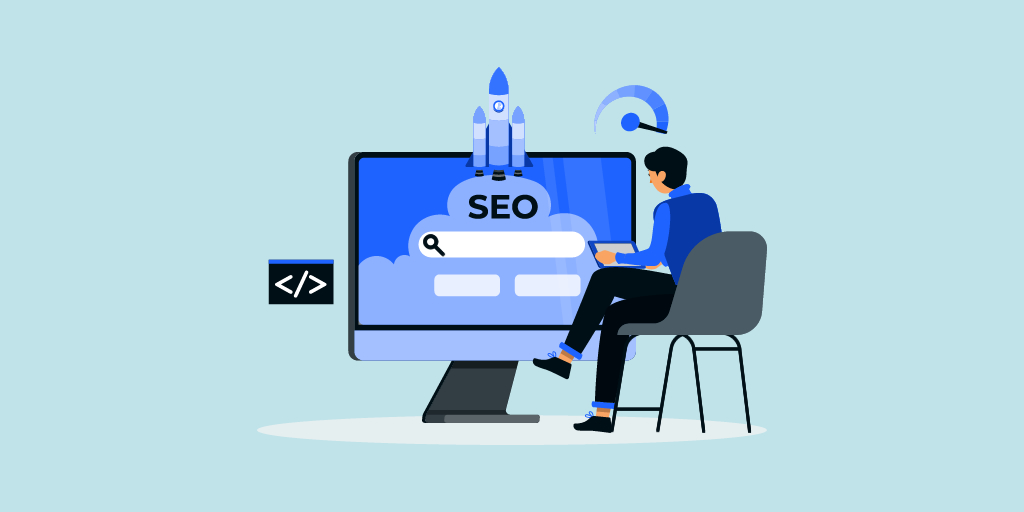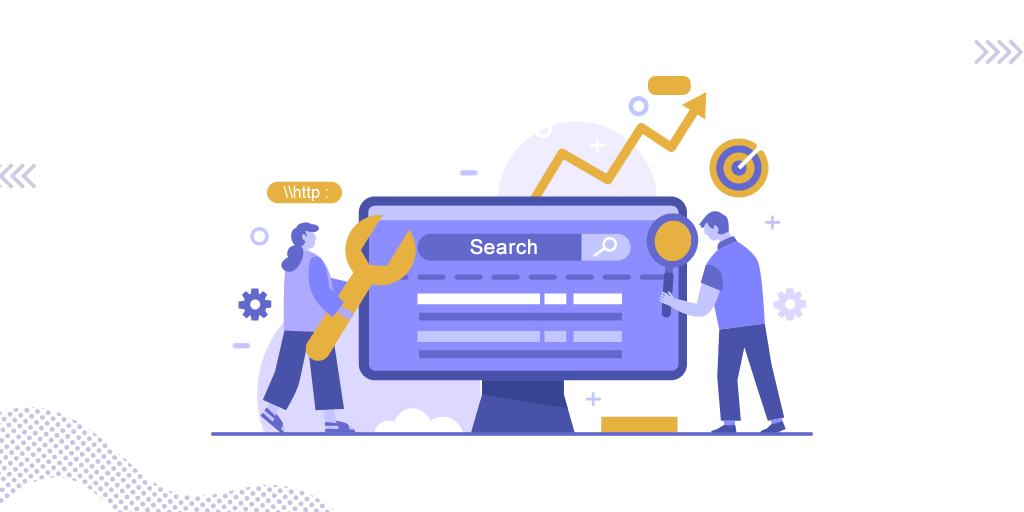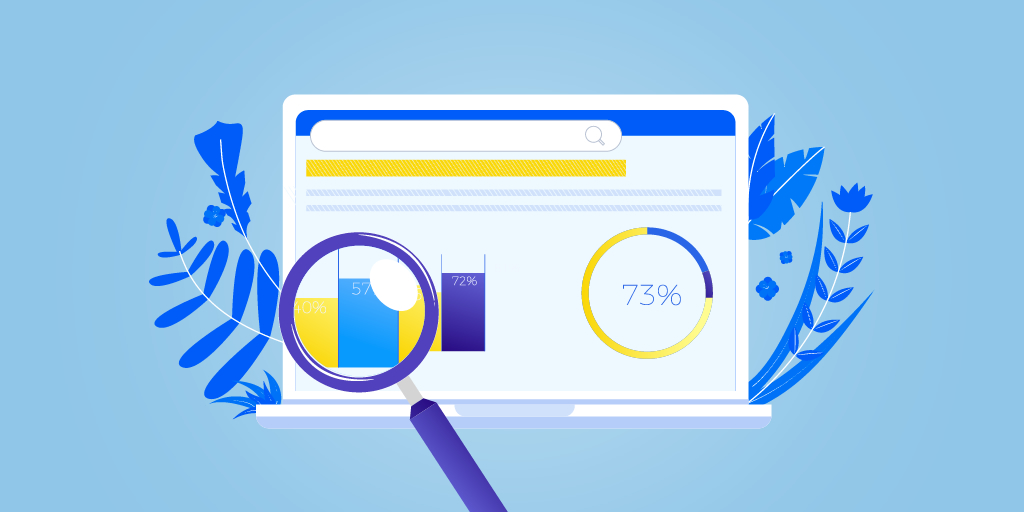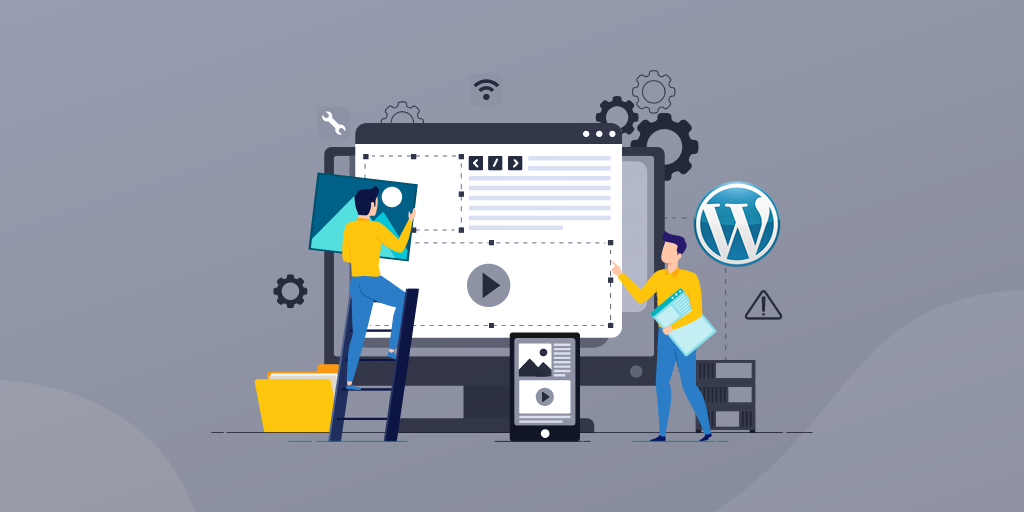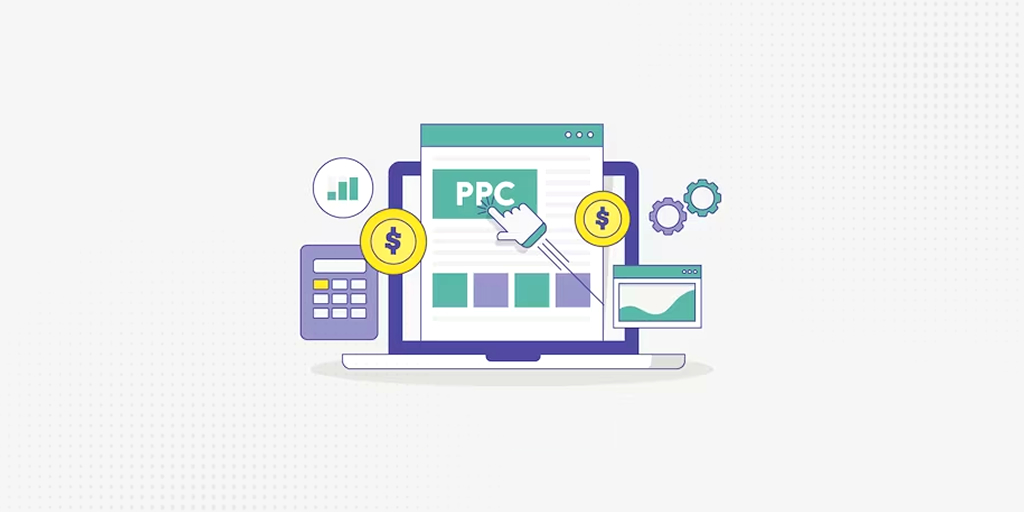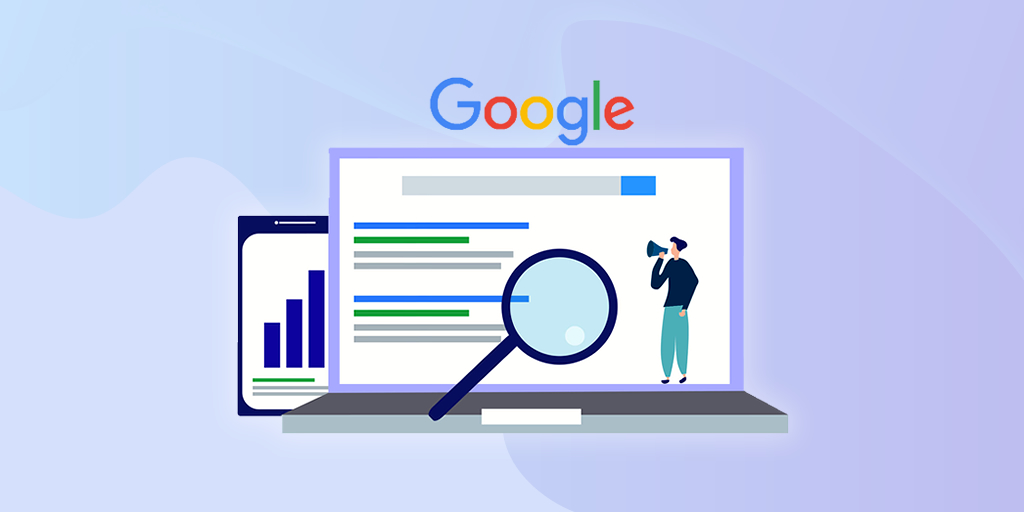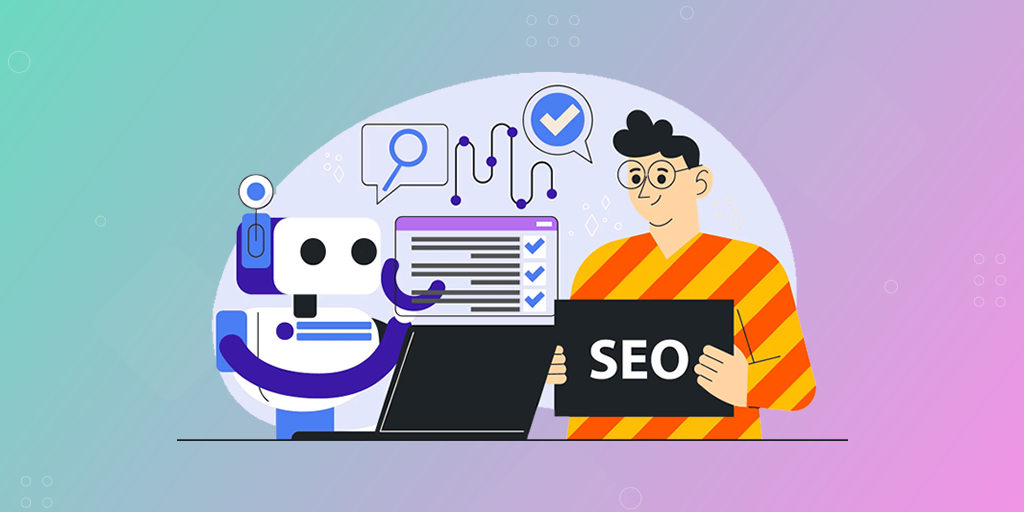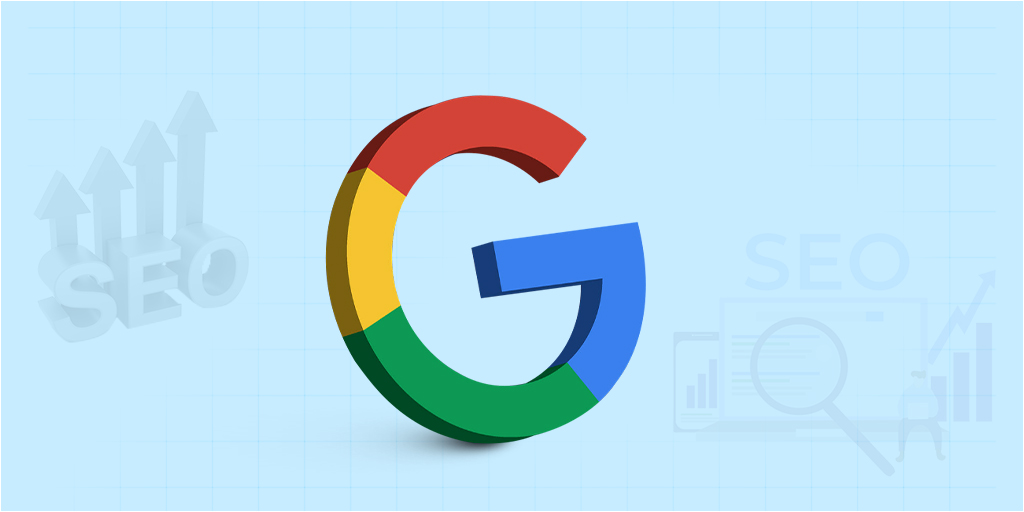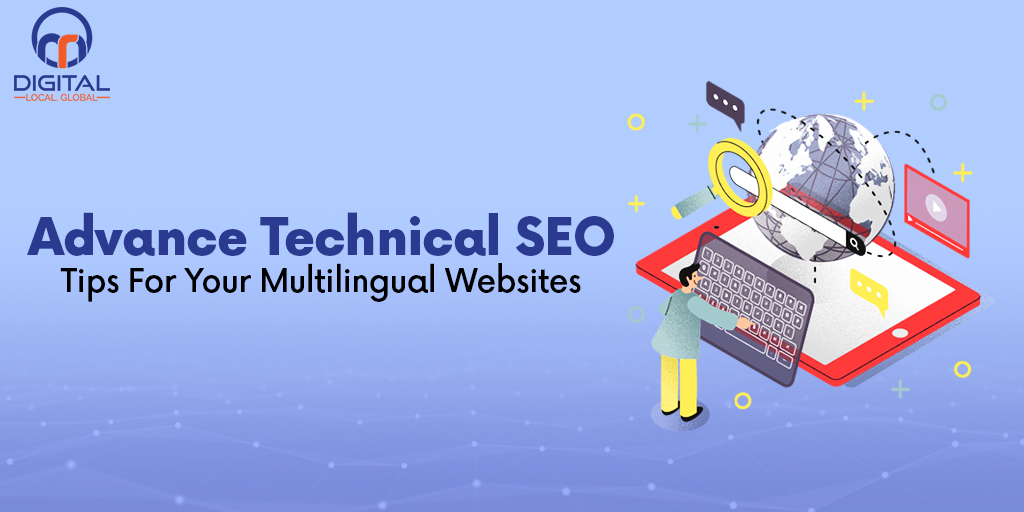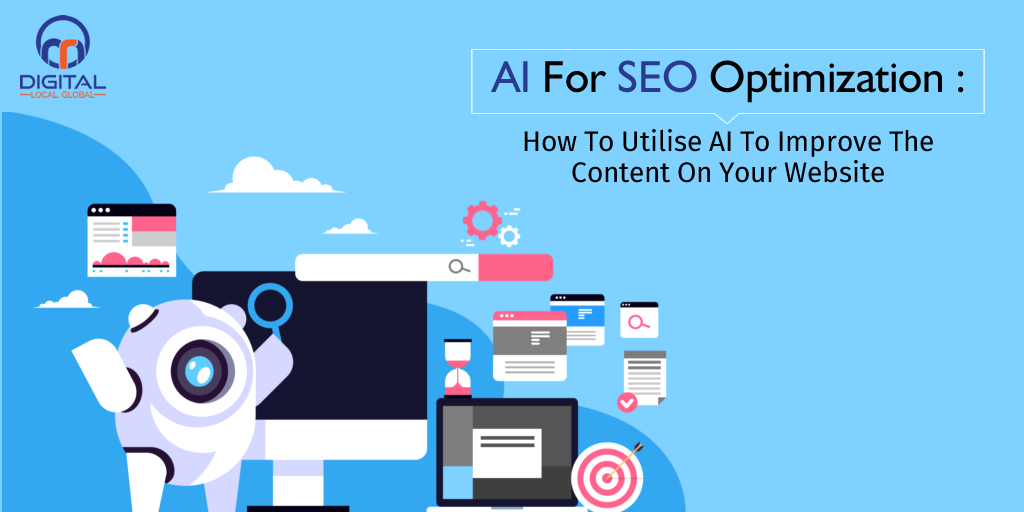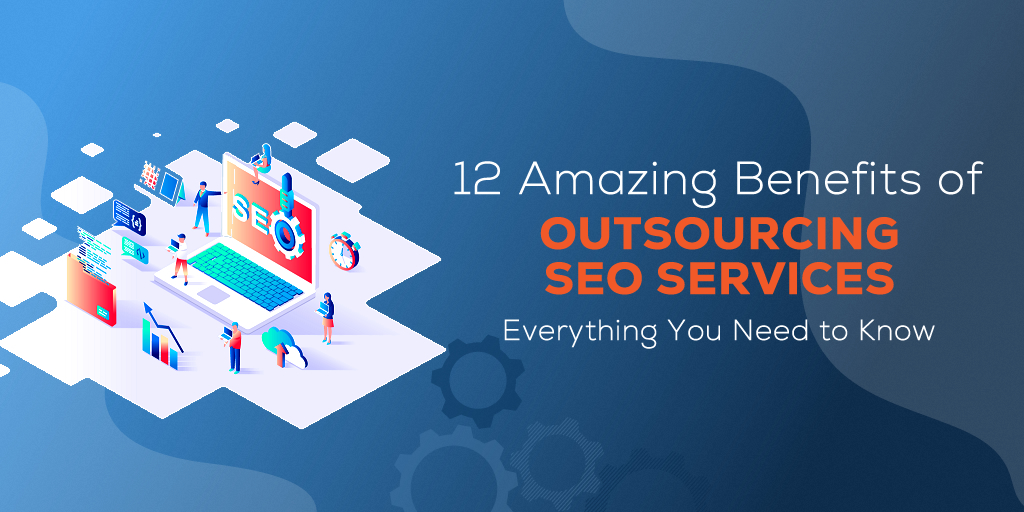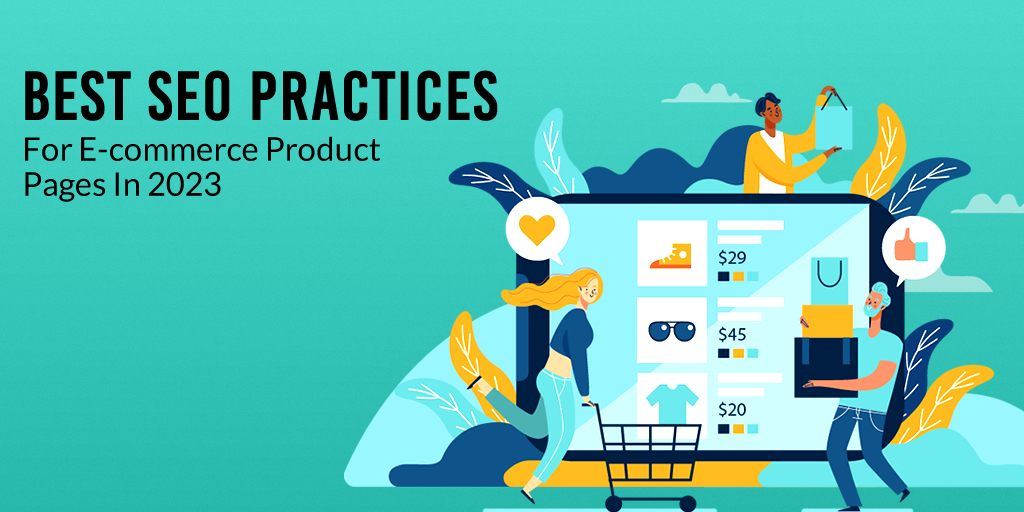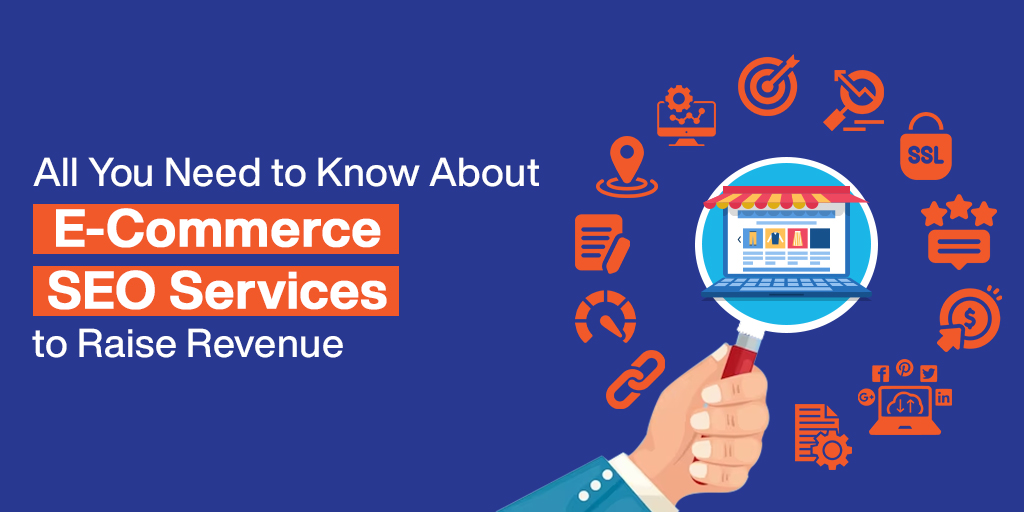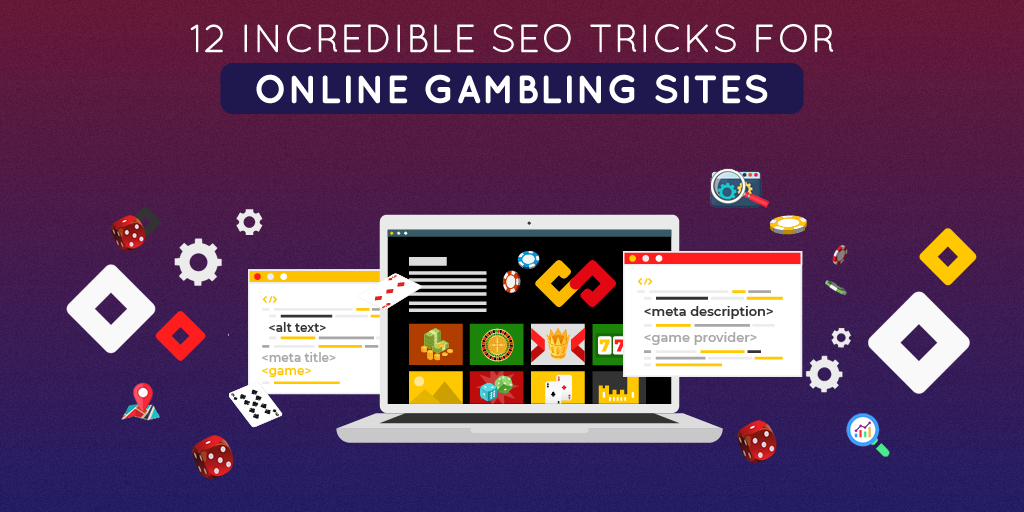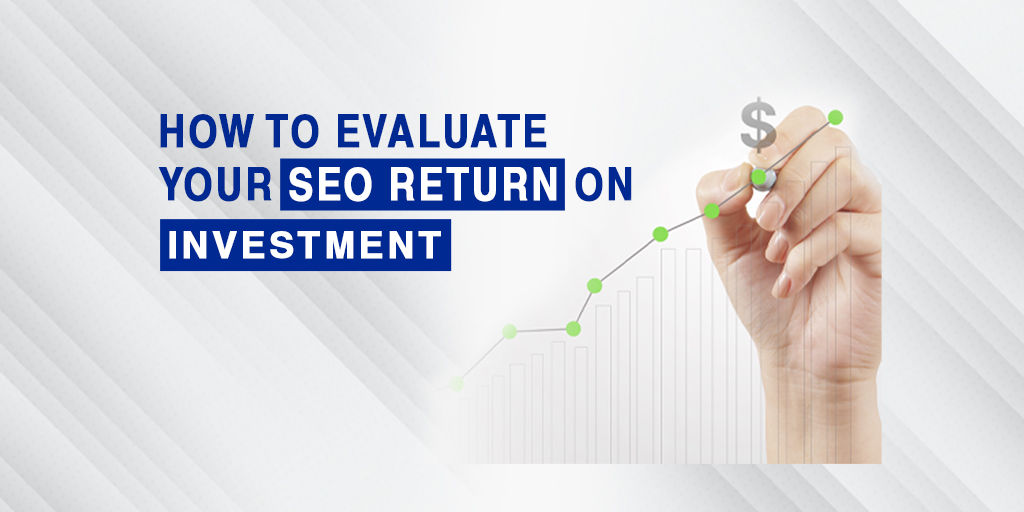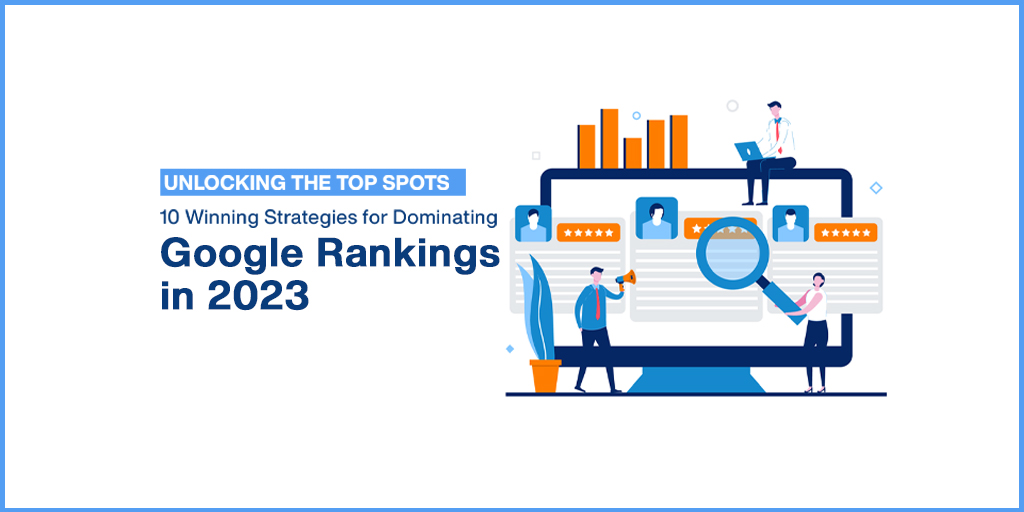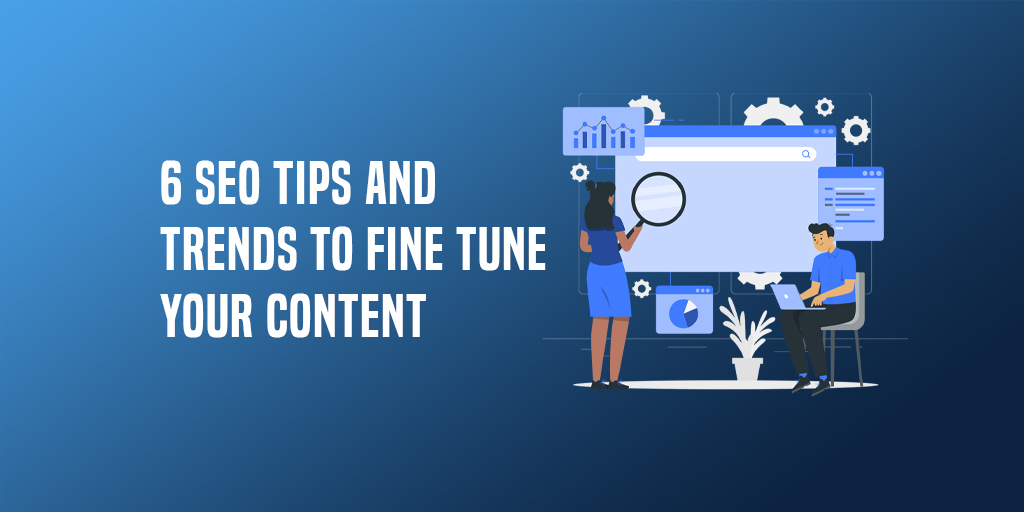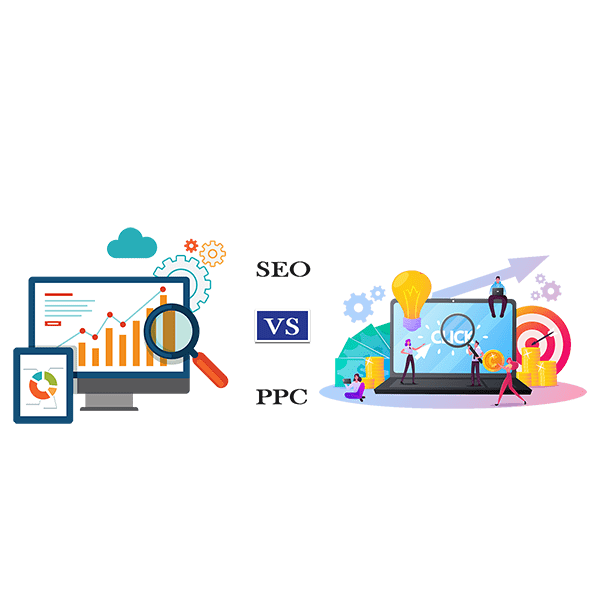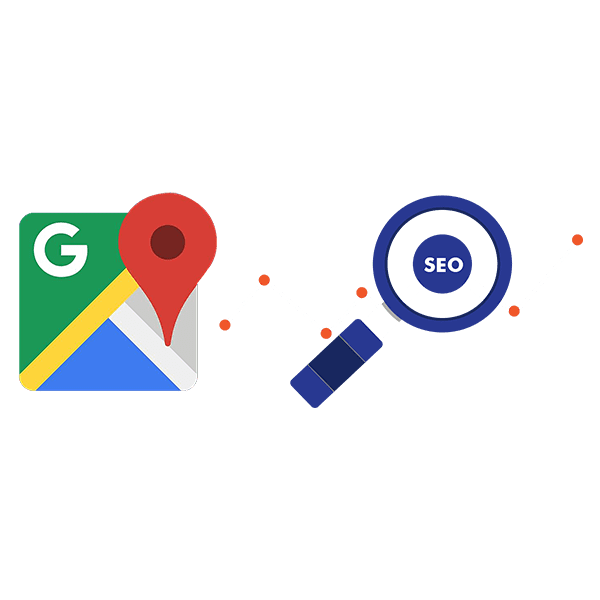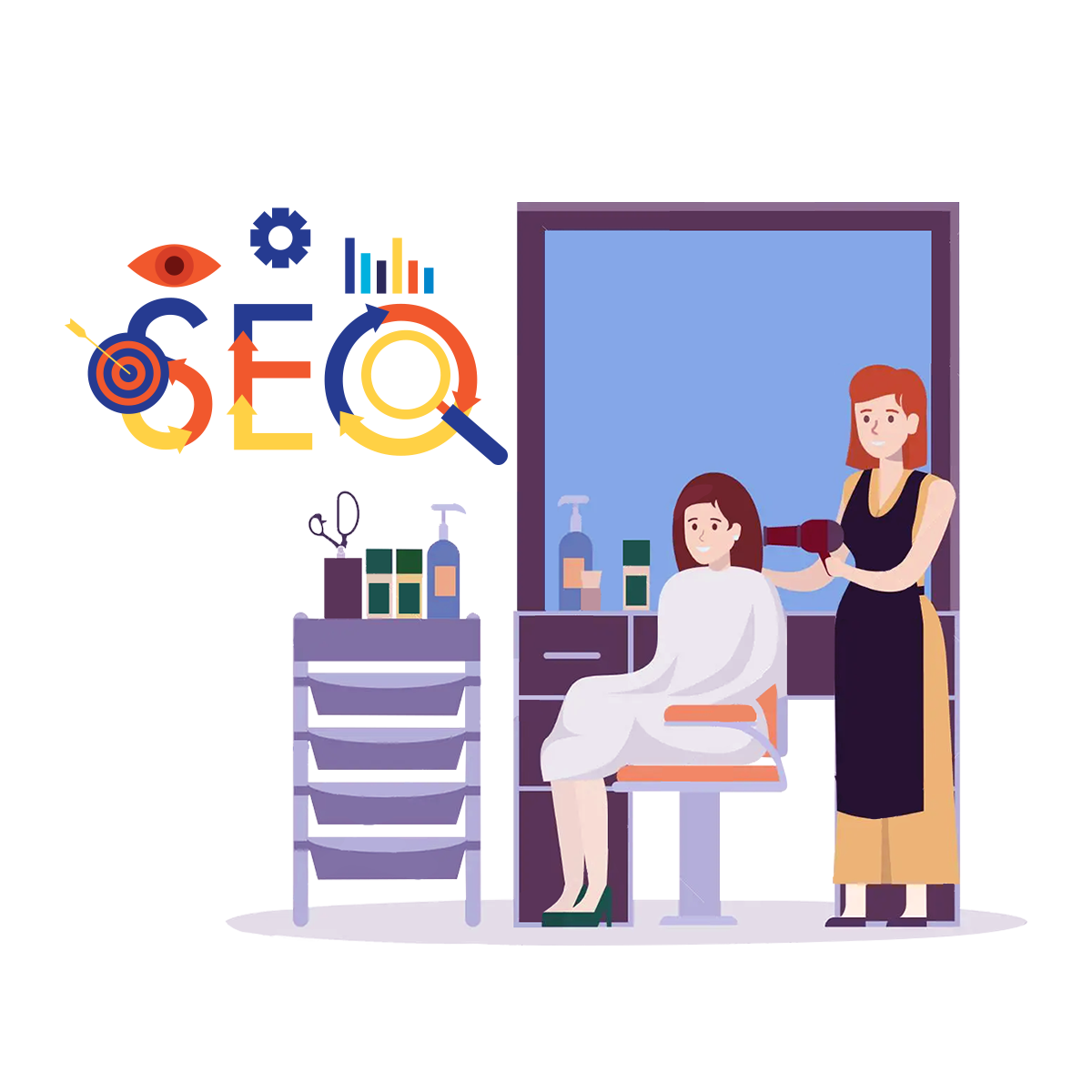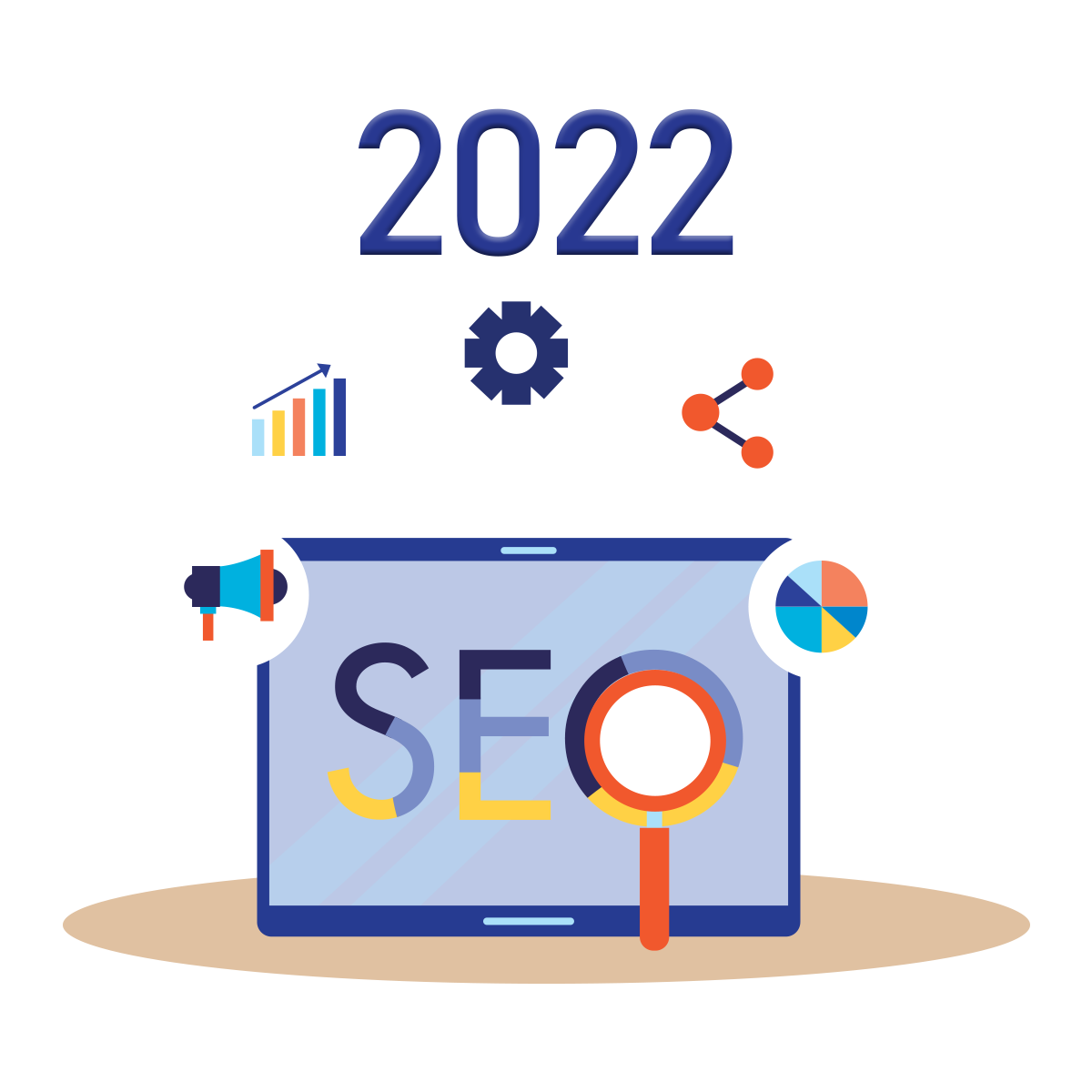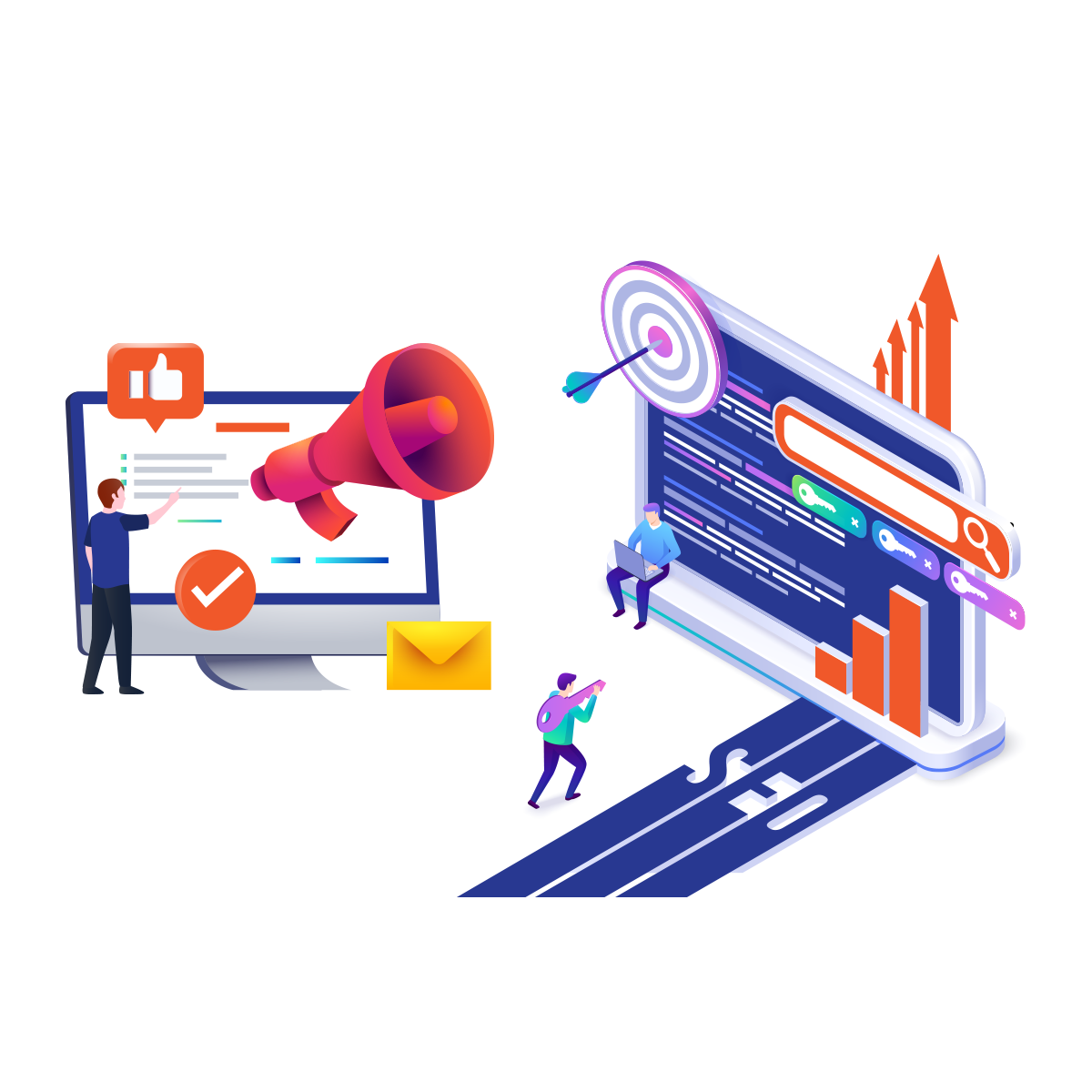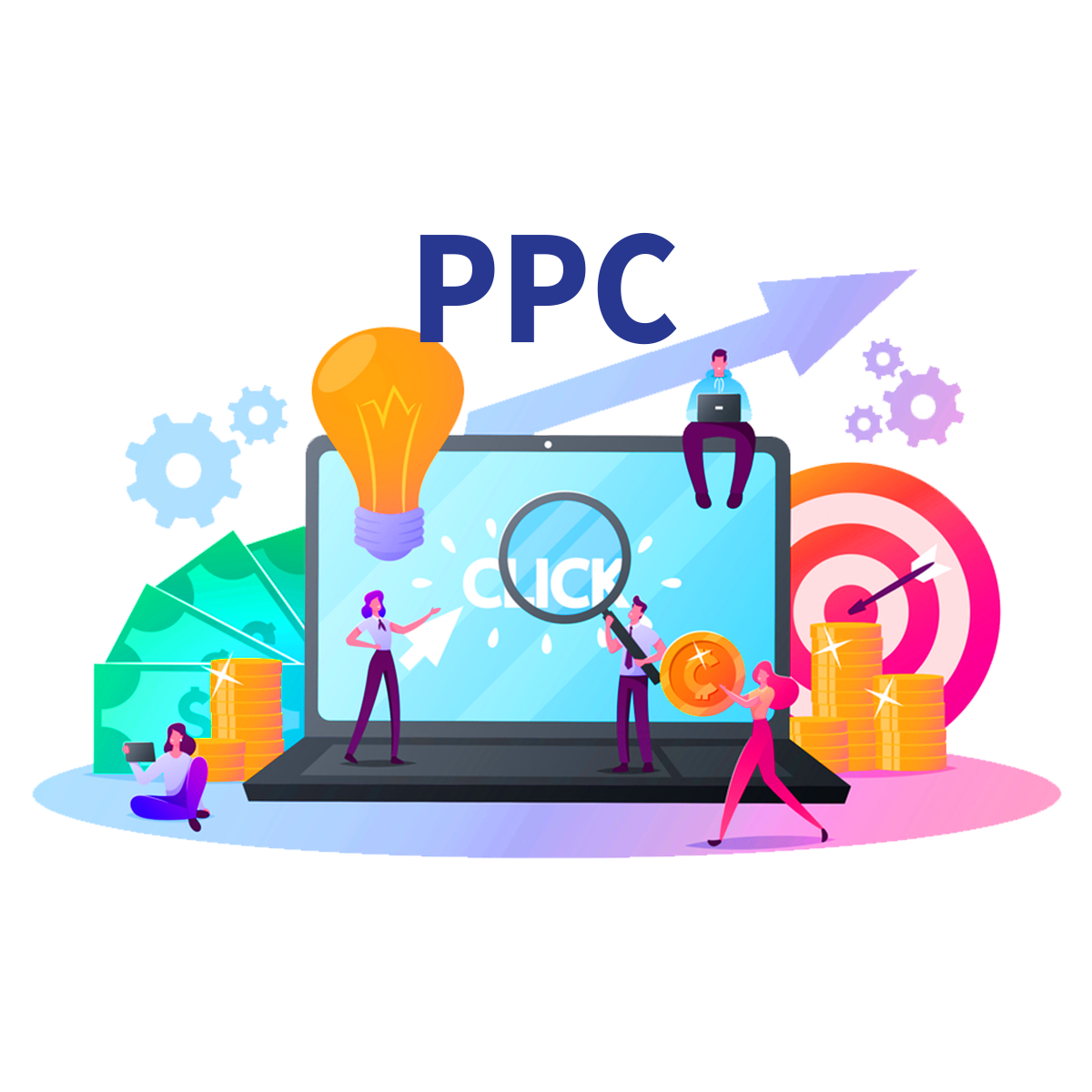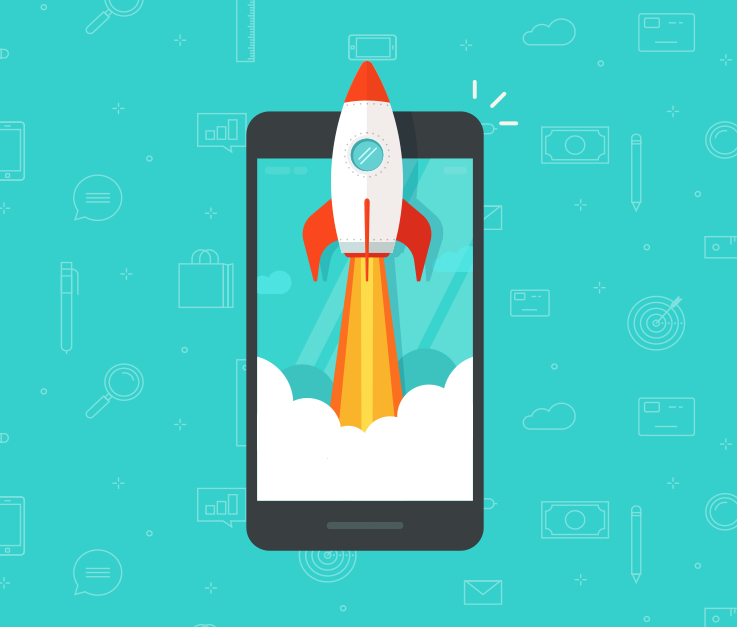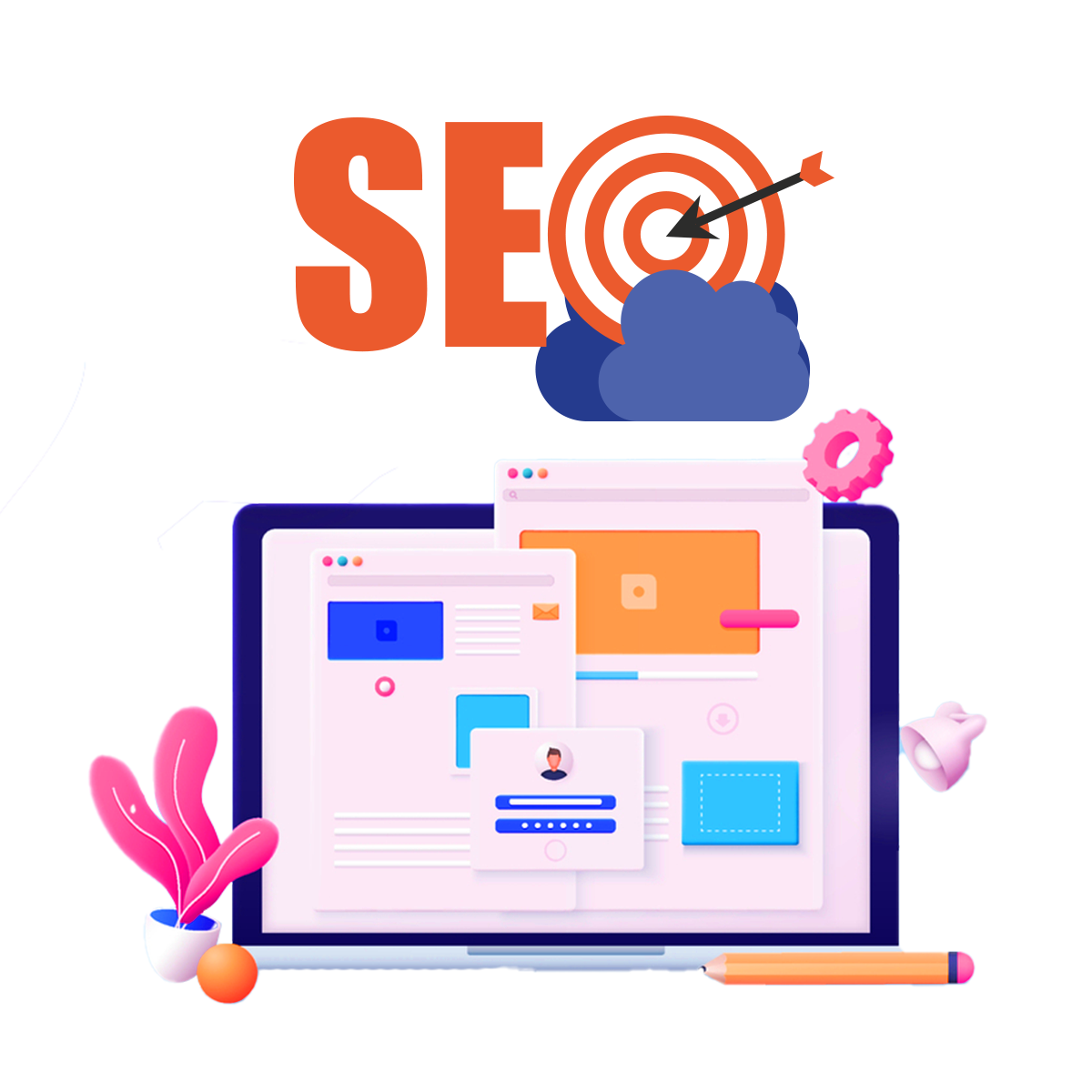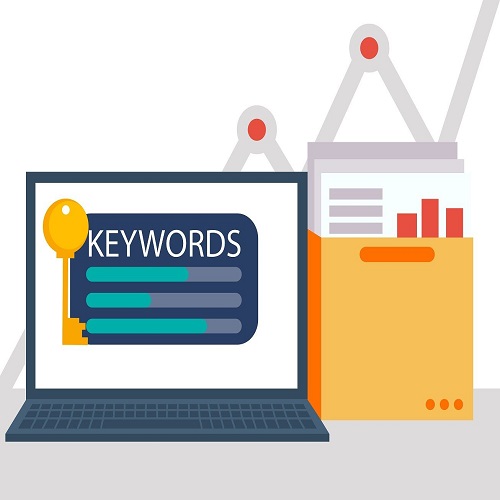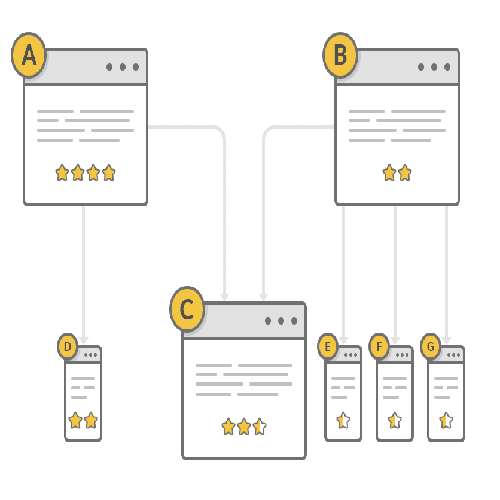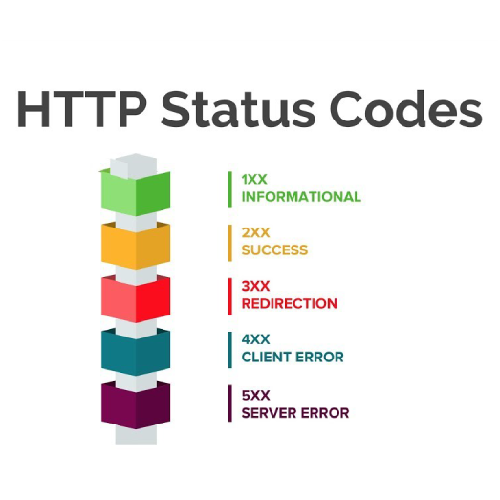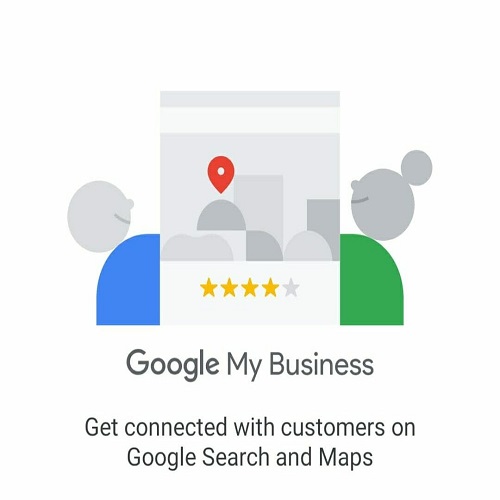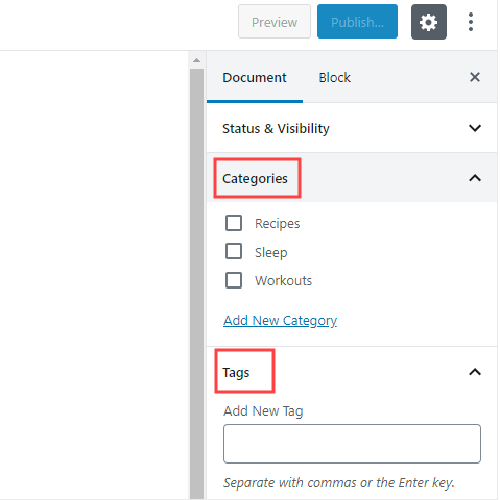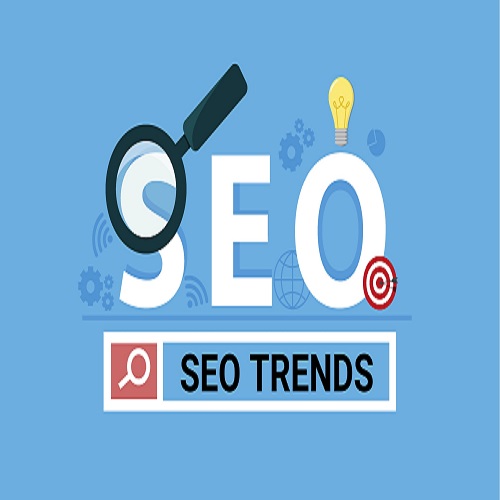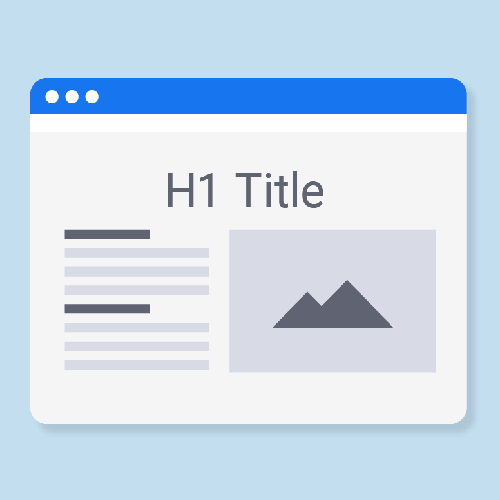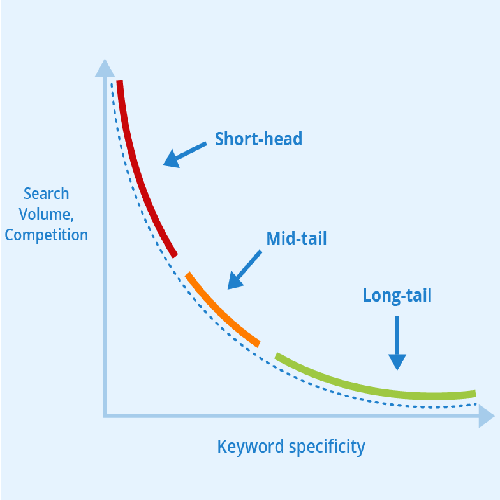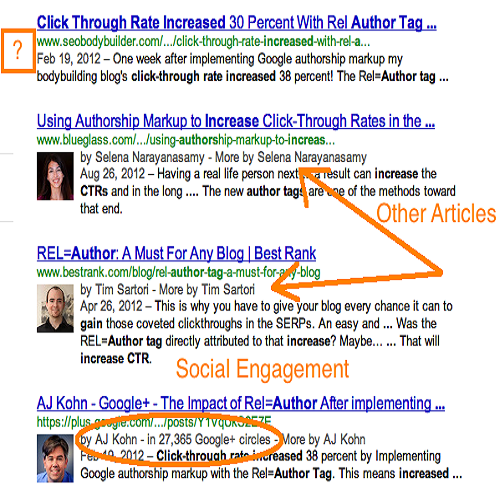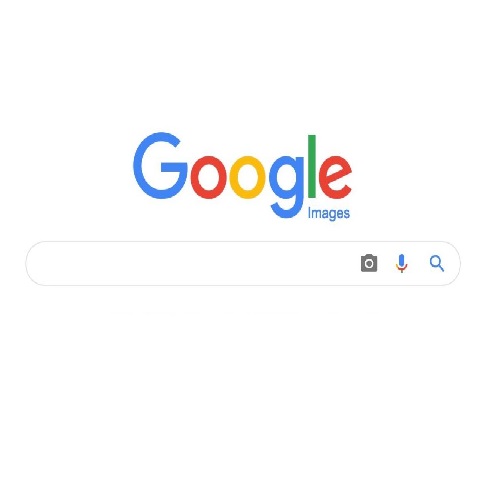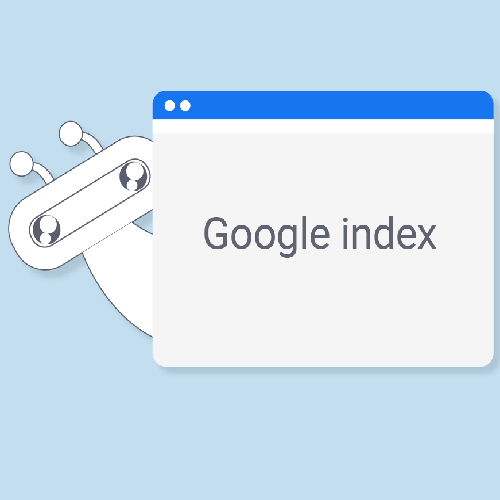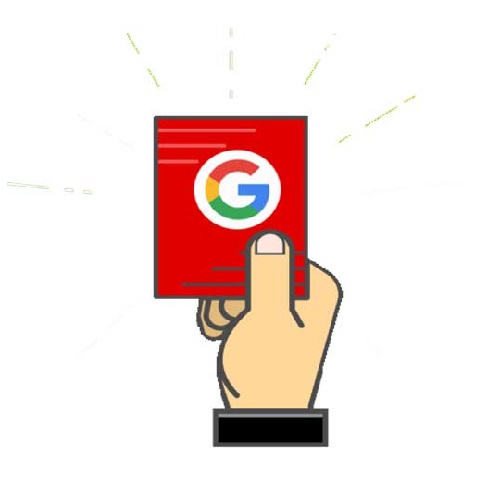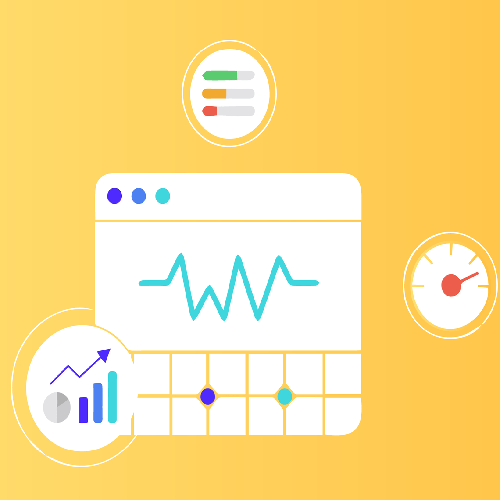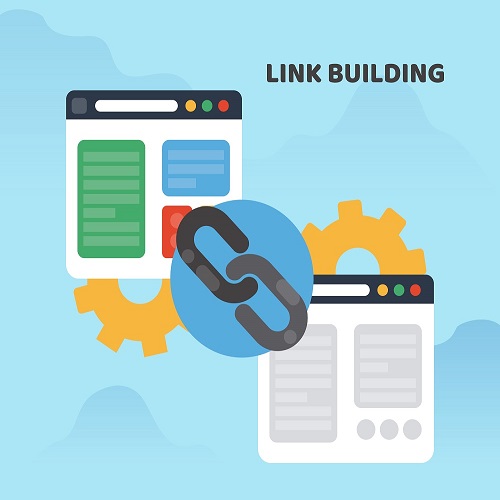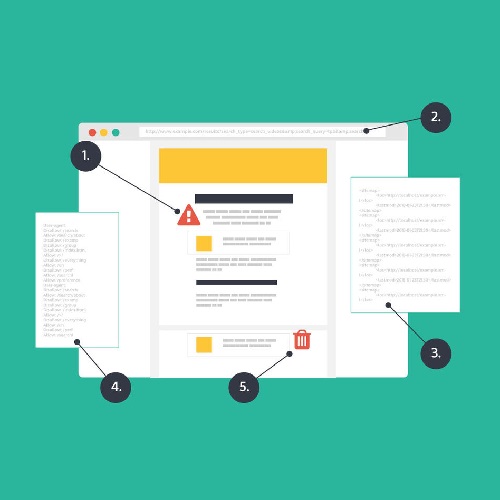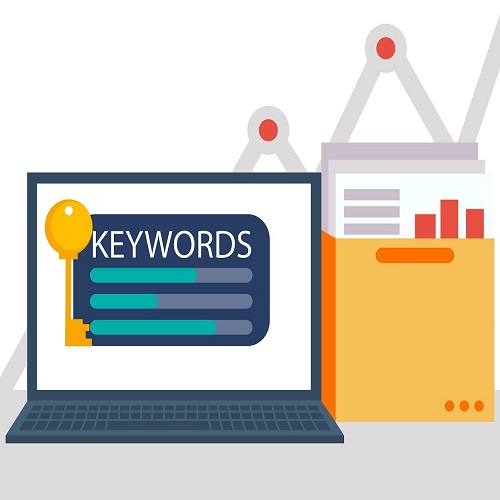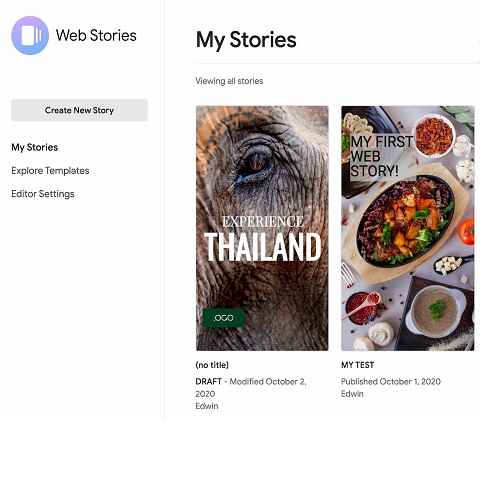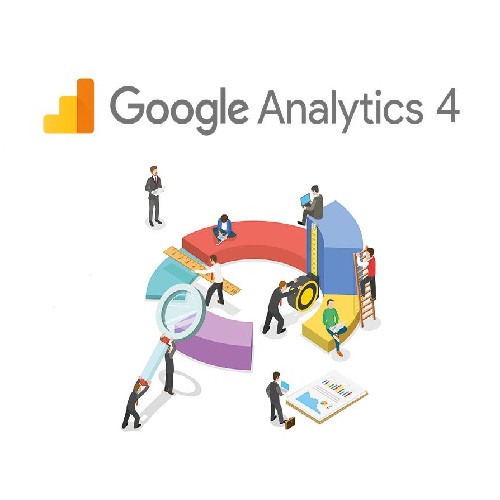Contact Us
Related Posts
Category

It might be not new that you are also struggling to choose between search engine optimization (SEO) or Pay-per-click (PPC). You might be wondering which one is better or which one will work for us.
Well, It’s not only you then. Most businesses have been facing these questions. For some people, SEO can be better. While some might prefer PPC. There’s also a group that prioritizes both. Well, it is tough to make a decision.
So in this post, we’ll be exploring what SEO and PPC are and what are their pros and cons. Stick till the end to figure out the right strategy for your business, or you might end up using them both!
What is SEO?
SEO or search engine optimization is the process of improving the visibility of your website on search engines. SEO ranks your website higher on the search engine result pages (SERPs).
Every business wants to be on the top of the results pages. Why? Because everyone uses a search engine like Google or Bing to find something. And they only click the top results on the first page.
So when you improve your SEO, you increase the chances of getting noticed by your audience. In fact, 61% of businesses say that SEO has been the top inbound marketing factor for them for a long time.
Pros of SEO
Let’s understand what advantages does SEO offer;
- SEO is cheap in the long term
Yes, SEO can be the cheapest option for getting organic traffic in the long term. Although Creating SEO-optimized content costs time and money, but it stays on the website forever and does not cost you anything when someone clicks on it.
- Organic traffic is stable
Websites that are well-optimized for SEO drive organic traffic constantly. You will rank higher on search engines as long as you keep updating your website with SEO content. As a result, the number of users visiting your website will be stable.
- Builds brand authority
The organic traffic that SEO brings directly improves brand authority and trust. Seeing you on top of the result pages makes people believe in your brand. They trust that you are offering the best product or service that they need.
Cons of SEO
Here are some reasons for not choosing SEO;
- SEO takes time
Using SEO is like running a marathon. You have to invest a lot of time and effort to get the desired results in the end. If you have a new website or domain, you cannot rank higher quickly, no matter how strong your SEO strategy is.
- Search engines keep changing
Search engines like Google keep changing their algorithms. These changes affect the criteria for ranking websites and driving organic traffic. So, you have to keep your SEO strategy updated for these changes at all times.
- SEO requires quality content
Being consistent with creating good quality content keeps you ahead in the SEO game. Search engines value content that is authentic and relevant to the ongoing trends. And failing to do so drops you to the bottom.
What is PPC?
PPC or pay-per-click is a type of search engine marketing (SEM) practice where a business can place its website as an ad on top of the search results. However, the advertisers pay a fee to the publisher for each click made on the ad.
With PPC, you only spend for customers that interact with your ads. PPC can place you on top of the organic search results. This leads users to click on your ads and visit your website.
PPC brings you an advantage over your competitors. Some businesses use PPC for specific ad campaigns. While others prefer to use it in the long term as their primary marketing strategy.
Pros of PPC
PPC offers the following advantages;
- PPC gets faster results
Unlike SEO, PPC can bring quick results. All you need to do is place a higher bid for the advertising space you want. PPC takes your name in front of all competitors and drives huge traffic instantly.
- Target the right audience
With PPC, you have the control of targeting a specific audience. You can decide to display your ad to the audience based on geographic area, age, or interest. This increases your chances of converting leads into sales.
- PPC allows experimentation
PPC has a fast feedback nature. It means that you can quickly analyze the performance of each ad and make changes. Just set up a campaign, run A/B tests, and find out whether your ads are a success or failure.
Cons of PPC
Apart from all the pros, PPC also has the following cons;
- PPC is expensive
Yes, PPC costs a lot of money. It is not cheap to run ads with providers like Google or Facebook. Also, the price of PPC ads increases depending on how competitive your industry is.
- Less profit in the long term
Although PPC ads can provide short-term success, they are not profitable in long-term plans. Running PPC ads for a long time increases your customer acquisition cost, directly decreasing the profit margin.
- The “Ad” tag
Search engines display an “Ad” tag with every PPC ad. This shows that the brand has paid money to be there and some people just don’t like it. Users who do not trust in ads avoid clicking on them and rather navigate to organic results.
Which is Better?
Still stuck with the question – SEO or PPC, which is better? Well, the answer truly depends on what you need and what you can invest. There can be situations where one can be better than the other.
Consider a situation where your brand is new. You are looking to build brand authority. Create content that resonates with the audience. However, your budget is low. In that case, SEO is the right choice for you.
On the other hand, You are looking for faster results. You are ready to invest money because your product is unique. And You want direct sales. PPC can be your go-to strategy in this situation.
In short, all you need is to figure out which one suits best for your business. You can analyze the existing search results for keywords you are targeting. If the results are dominated by paid ads, go for PPC. If it’s all organic results, stay with SEO.
SEO and PPC: Better Together
Most businesses these days prefer to take the best of both worlds. If you have the resources and can capitalize both channels, Why don’t use them together? You might end up creating a more effective marketing strategy.
For example, create an SEO-optimized social media post or an informative blog on the website. Now run short-term PPC ads for this content. As a result, your content will reach the audience quickly and will drive organic traffic as well.
In a nutshell, you can get the strengths of both techniques while minimizing the disadvantages when you use them together. It might cost you more money and time, but the results will overshadow the negatives.
Wrapping up
With SEO, you can start running a marathon. With PPC, you can sprint to the end quickly. Rather, you might find a balance between using the speed of PPC and the results of SEO. It’s all upto you.
We hope that our post has helped you to choose the right one for your business, or you might have already made the decision!














































